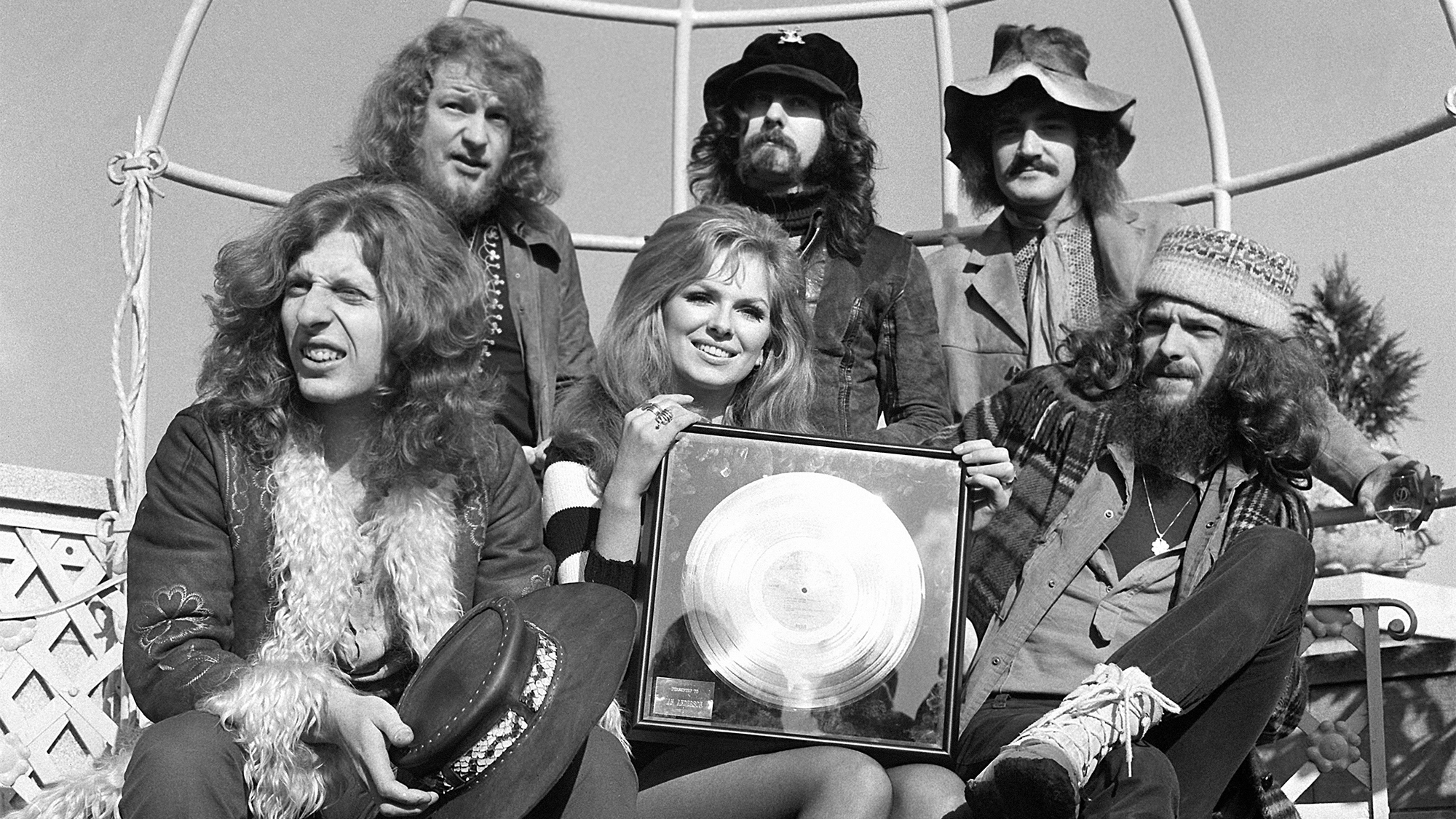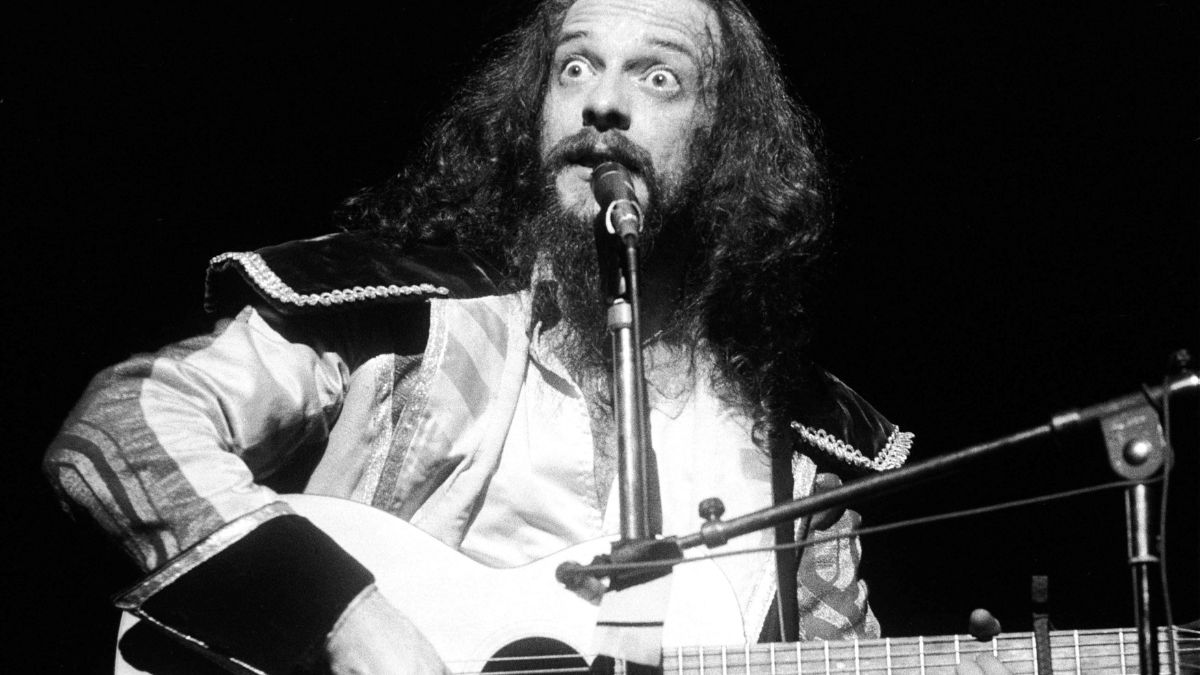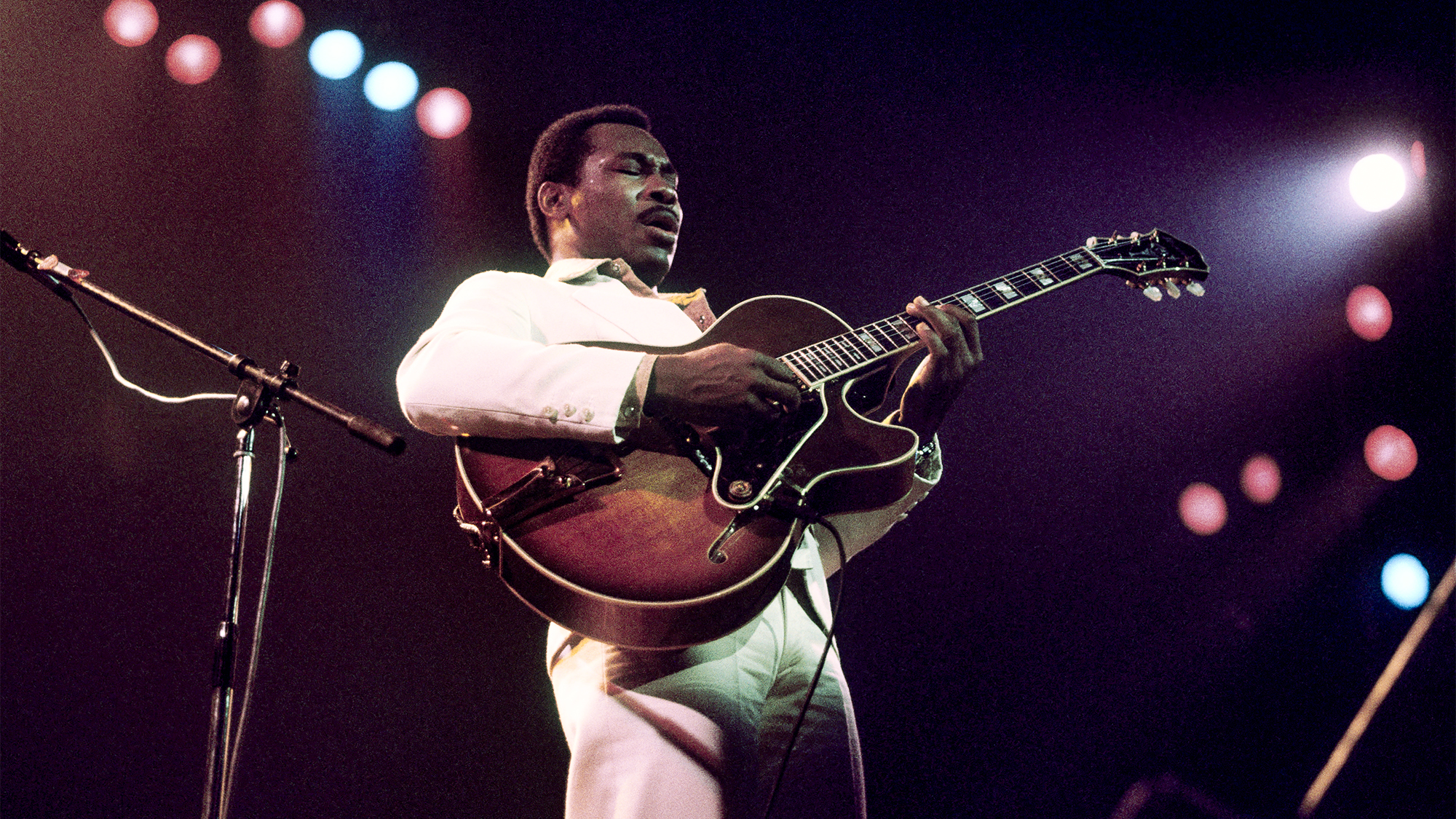“It was the most life-changing piece of music for me, personally.” Why Ian Anderson counts this Jethro Tull track as the band's most significant work
The 1974 smash reversed Tull's fortunes as they entered the studio for their sink-or-swim fourth album

All the latest guitar news, interviews, lessons, reviews, deals and more, direct to your inbox!
You are now subscribed
Your newsletter sign-up was successful
“I think we all knew instinctively that Aqualung was going to be an important album,” Ian Anderson tells Classic Rock of Jethro Tull's 1971 hit album. “It would either be the next step up or it would be the beginning of a decline.
"I was sure that things were not just going to stay the same.”
Indeed, they didn't. But one thing hasn't changed in the 50-plus years since that album's release: Jethro Tull still plays the title track at its concert. For Anderson, that “life-changing” hit is one he still looks upon fondly for its role in the band's success.
By 1971, Jethro Tull were well into their prog-folk phase, having moved on from their initial blues-folk origins. Anderson’s acrimonious split with founding guitarist Mick Abrahams and his “cultural misappropriation” of the blues paved the way for the more forward-thinking Martin Barre, even if he got off to a “truly terrifying” start in the band.
But in 1971, the Anderson/Barre partnership was still very much in its infancy. For that matter, the band's lineup suffered an upheaval when Anderson fired bassist Glenn Cornick and replaced him with Jeffrey Hammond, the singer's old school chum .
“I remember giving him an early Christmas present of a Framus bass — wrapped up very badly — and a Vox AC30 amplifier,” Anderson recalls. “He said: ‘What am I going to do with this?’ I said: ‘You’re going to turn up at Basing Street Studio the day after tomorrow.’”
It's fair to say Jethro Tull entered the studio underprepared. Worse, they were making their first album without external guidance. After three albums produced by Anderson and the band's manager Terry Ellis, the group would go it alone for number four. Anderson was averse to hiring producers with a love for drugs, which he says whittled down his shortlist significantly.
All the latest guitar news, interviews, lessons, reviews, deals and more, direct to your inbox!
But it was the advice of a famous producer that set Anderson on the road to DIY production.
“I did actually go and see George Martin before we recorded Aqualung, and said I was wrestling with whether I should use a producer or just carry on doing what I thought ought to be done,” Anderson explains. Martin was just a year off his incredibly successful run with the Beatles, which saw him work as both a producer and fifth member who did everything from perform on their records to arrange their orchesttral scores.
“There was also this thing about working with someone who would have authority and creative input, and whether I was the kind of guy who could deal with that," Anderson admits. "We talked about it, and then George said — probably in the hope that I wouldn’t ask him to produce us — that I should go for it and do it on my own. So I did.”
Aqualung's creation had its trials and tribulations. One of the album's biggest cuts, "Locomotive Breath," came about after Anderson dismissed his bandmates from the studio and took over the session on his own after live takes failed to satisfy him. In fact, many songs on the album were spearheaded by Anderson’s solo recording sessions, including “Cheap Day Return,” which came about from similar treatment.
Meanwhile, the studio — a converted church — proved problematic.
“The acoustics were just horrendous, and the control room was simply dreadful,” Anderson reflects. “There was this tension caused by the dissatisfaction with the studio, and I think we lost our nerve a bit. I don’t think we played at our best.”
Despite that sentiment, Anderson believes the band “had lots of good songs” to lay down, with "Aqualung" chief among them. The tune's signature guitar riff made an instantly recognizable calling card for the tune, which would lead off the album.
“Like any good riff, it’s all to do with little clusters of notes that are instantly recognizable,” he says. "That was a thought-out, contrived little cluster of notes. But the chords that follow it are quite unusual. They’re more classical than rock.

“And beyond that, quite a lot of the song is me strumming an acoustic guitar and doing a laid-back, meandering bit of storytelling. People tend to think of the opening riff, but they’d be hard-pushed to hum much of the rest of it. It’s also a rare Jethro Tull song that has no flute in it.”
Meandering though it may be, the song took off. It gave Tull their first tangible grasp of success and provided the band a platform for further experimentation.
“It was the most life-changing piece of music for me personally,” he once said. “It afforded me the opportunity to release even more adventurous albums.”

And so, more than 50 years later, the track sits proudly in Jethro Tull set lists. Anderson won’t cast it aside because he knows what the band would be — or, more accurately, wouldn’t be — without it.
He also has a certain slow-handed guitarist to thank for his pivot away from electric guitar, which would prove pivotal in their success. He recently explained that Eric Clapton's talents saw him take stock of what kind of guitar player he was.
A freelance writer with a penchant for music that gets weird, Phil is a regular contributor to Prog, Guitar World, and Total Guitar magazines and is especially keen on shining a light on unknown artists. Outside of the journalism realm, you can find him writing angular riffs in progressive metal band, Prognosis, in which he slings an 8-string Strandberg Boden Original, churning that low string through a variety of tunings. He's also a published author and is currently penning his debut novel which chucks fantasy, mythology and humanity into a great big melting pot.


